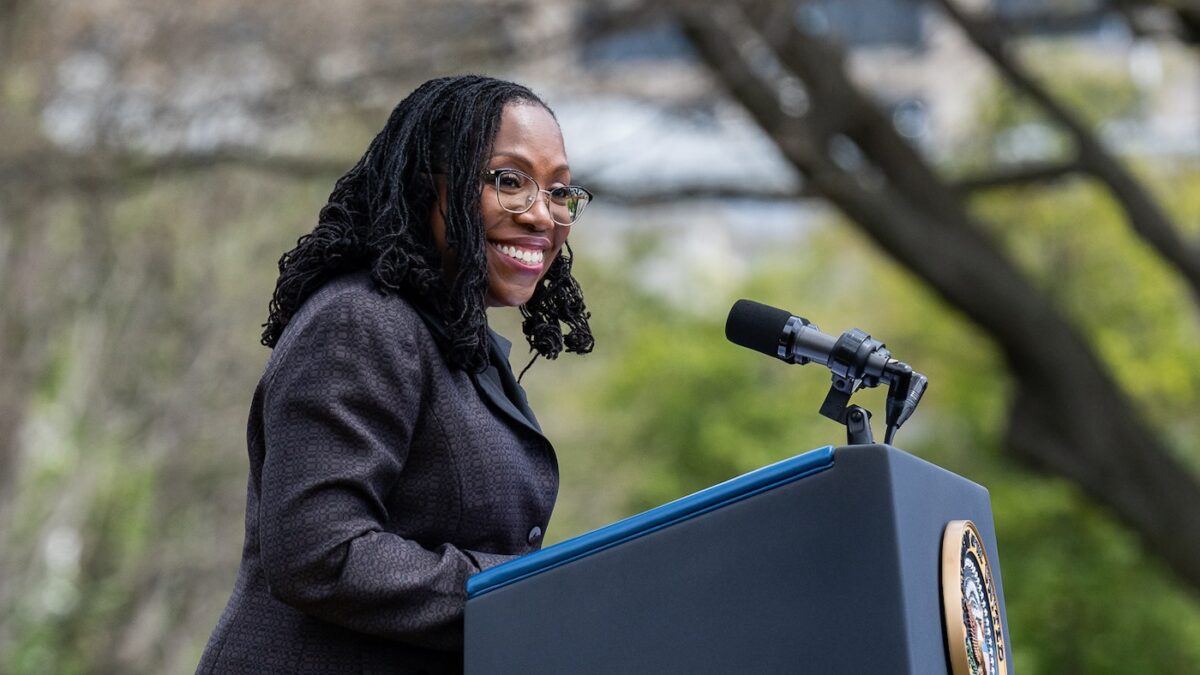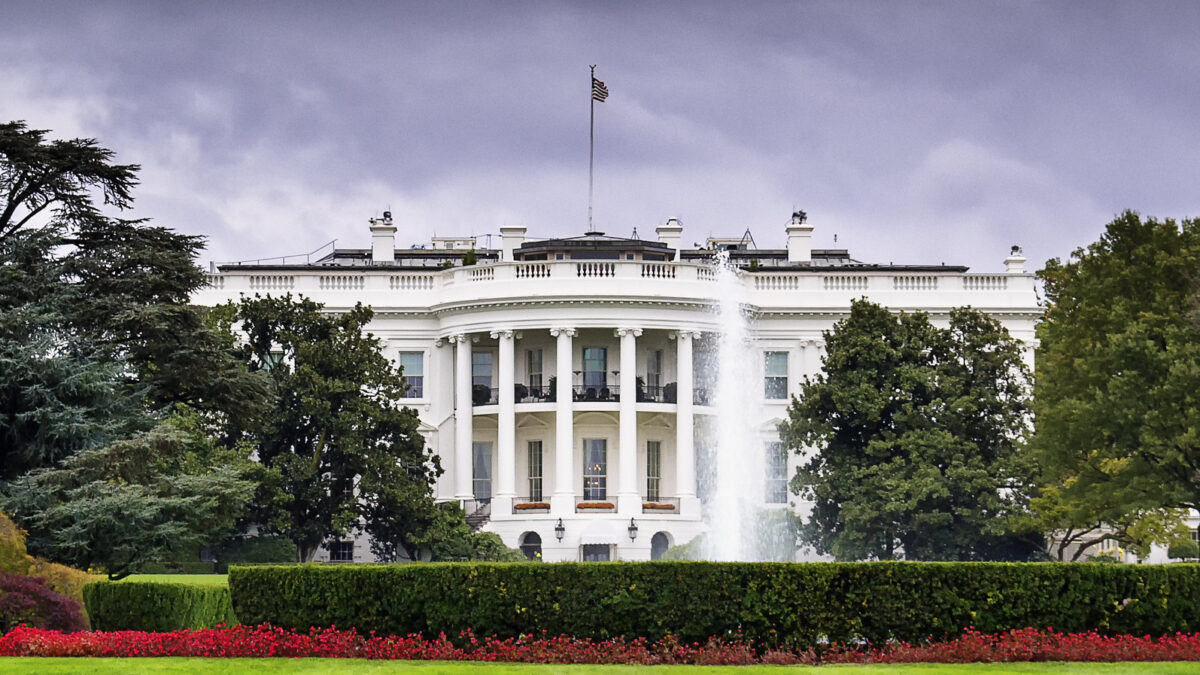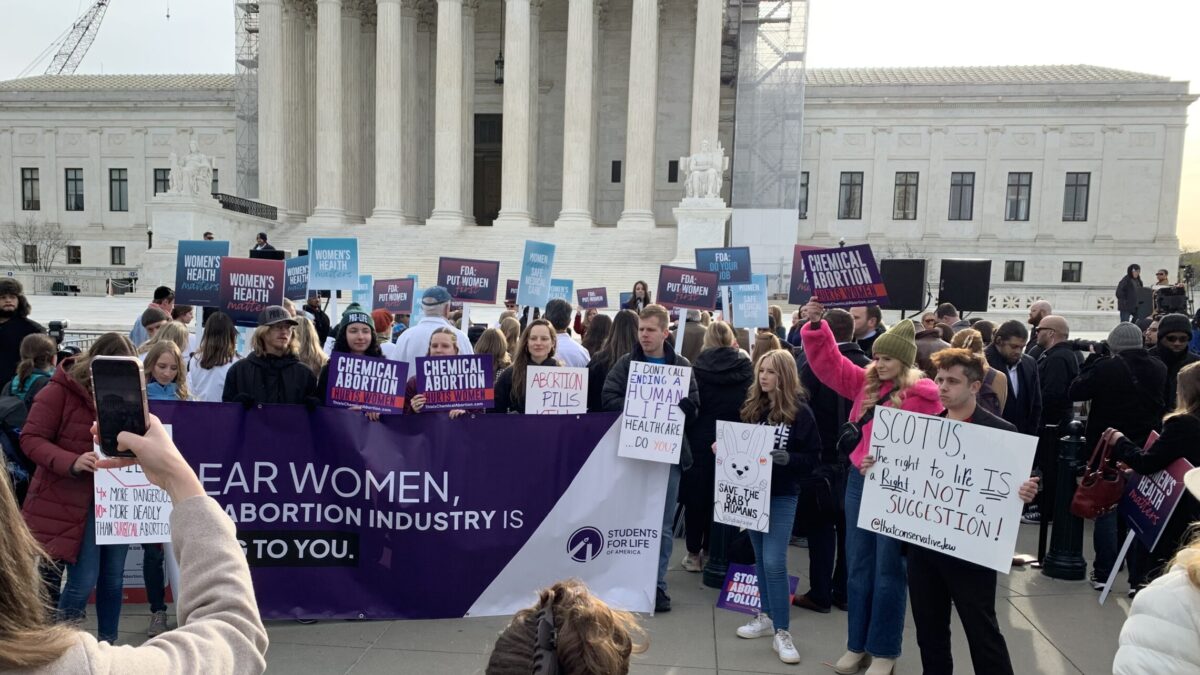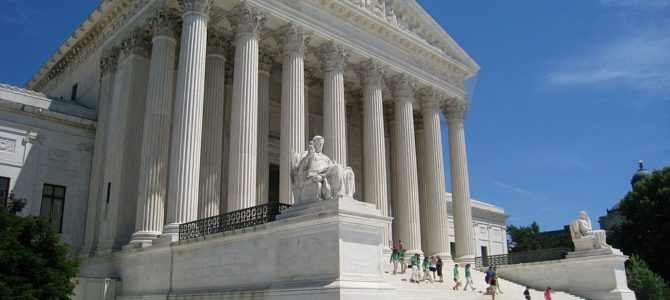
The Supreme Court heard oral arguments Tuesday in National Institute of Family and Life Advocates (NIFLA) v. Becerra, wherein the nine justices sought to determine whether the California Reproductive FACT Act violates the First Amendment. Generally, arguments went as expected and based on the transcript it looks as if the justices may lean toward striking down the California law, if only narrowly.
However, it’s hard to say based on the arguments how the vote would break down, and nothing is certain until a decision is released. Still, here are a few key takeaways, from one of the most significant cases about free speech and abortion since Planned Parenthood v. Casey.
1. Most Justices Seem to Think the Law Is Discriminatory
One of the main issues of this case was not just that California’s government was compelling the advertisements (speech) of pregnancy centers, but that it did not also compel the speech of abortion clinics. While it seems to pro-life advocates that FACT Act is discriminatory on its face, it was questionable where liberal justices Elena Kagan, Sonia Sotomayor, and Ruth Bader Ginsburg would lean.
The law has two facets: It requires “licensed covered facilities” to inform their clients of public programs that provide free or low-cost access to family planning and says the “unlicensed” must tell their clients they aren’t licensed. Justice Samuel Alito, of course, pointed out the discrimination with a simple, but pointed question, as only he can:
Alito ftw 💜 #NIFLAvBecerra pic.twitter.com/s2qRgkzmep
— Nicole Russell (@russell_nm) March 20, 2018
He said later, to the opposing counsel, representing the state of California:
So, when you put all this together, you get a very suspicious pattern. And I don’t know that we need to go into statistics about what the percentage of covered clinics are — are pro-life and — and — and what are not, but we do — we have an amicus brief from a party in the state court case where the state court held that this law is unconstitutional. And according to their statistics, 98.5 percent of the covered clinics are pro-life clinics. Do you dispute that?
If there was a mic drop moment in this case, that was it.
Of course, this seems par for the course for a more conservative justice like Alito, but later, even Kagan took issue with the concept that the statute was discriminatory or, a term several of the justices and attorneys mentioned often, “gerrymandered.”
There is a — a sense when you read this statute, Mr. Klein [California’s lawyer], there’s at least a question that arises as to whether this statute has been gerrymandered. So would you speak to that? Because if it has been gerrymandered, that’s a serious issue. In other words, if, you know, it’s like, look, we have these general disclosure requirements, but we don’t really want to apply them generally, we just want to apply them to some speakers whose speech we don’t much like.
The fact that the justices immediately took note of how lopsided this law was, and hammered away at it from all sides throughout the entirety of oral arguments, is a good thing for NIFLA.
2. The Act Is Even More Burdensome than Most Realized
One of the things rarely reported leading up to oral arguments was just how much the law required of pregnancy clinics. Regardless, the justices picked up on this right away, and tried to parse through just how burdensome this law was to the targeted clinics.
Justice Anthony Kennedy, the typical swing vote on an abortion issue who also usually leans toward protecting free speech, took issue with how much the disclosure requires from unlicensed clinics: “What would happen if an unlicensed entity, unlicensed center, just had a billboard that said ‘Choose Life.’ Would they have to make the disclosure?” Michael Farris of Alliance Defending Freedom, the attorney for NIFLA, answered in the affirmative.
The disclosures had to be written in 13 different languages, of which Kennedy observed, “[I]t seems to me that that means that this is an undue burden in that instance and that should suffice to invalidate the statute.” Alito also tried to parse this part of California’s law: “Show me where that is in the statute. If it’s a covered facility, then any ad that they put out, including one that just says ‘Choose Life,’ has to — has to include this disclaimer: ‘We’re not licensed.’”
Here’s what Ginsburg had to say, point blank: “[T]he — there was a question raised about 13 different languages and what burden that — that would be. I don’t know what the state’s answer to that is. I mean, it is one thing just to say: We are not a licensed medical provider. But if you have to say that, those two sentences in 13 different languages, it can be very burdensome.”
In his rebuttal, Farris pointed out an amicus brief that shows just how burdensome 13 languages in an advertisement looks for a pro-life clinic.
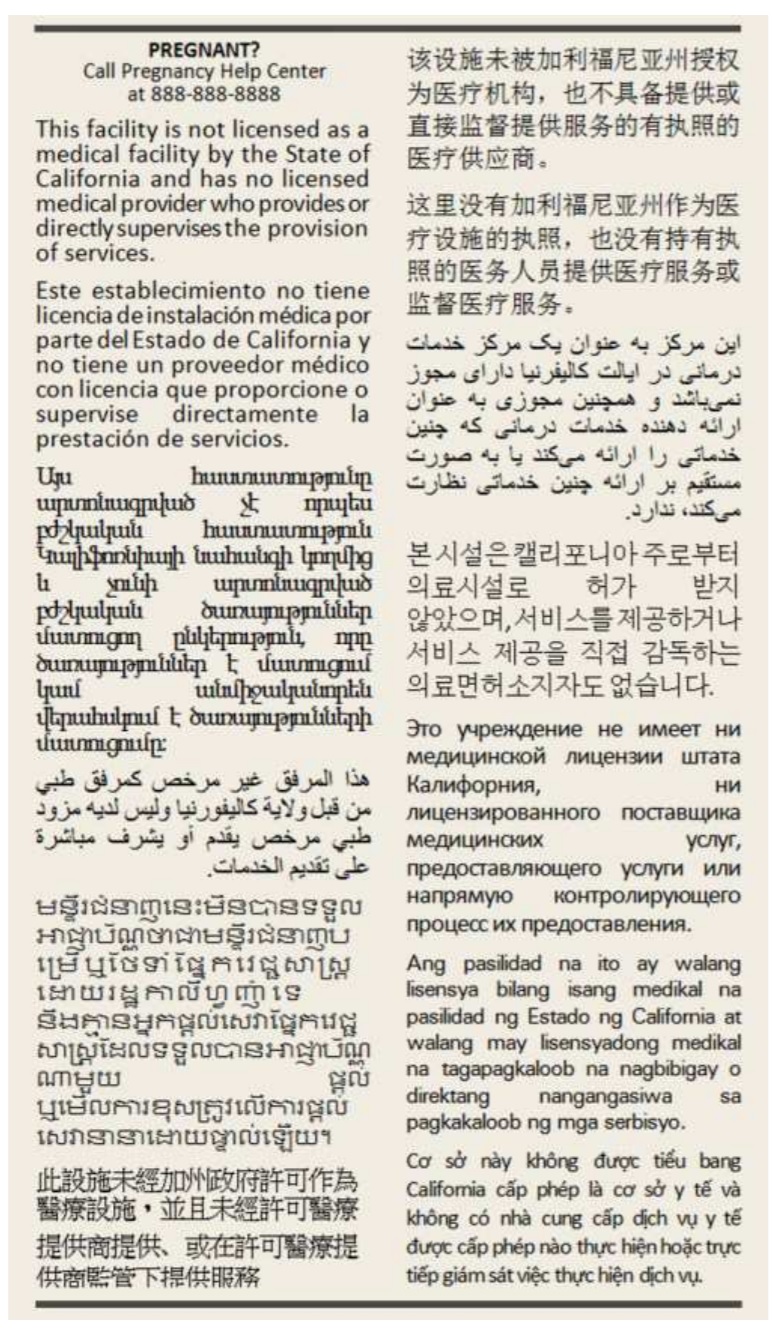
Even SCOTUS journalist at Think Progress Ian Millhiser, with whom I agree on virtually nothing, observed, “No justice appeared ready to defend a law that requires a facility speaking on a matter of deep political controversy to dilute its two word message with lines and lines of text written in multiple languages.” Hint to California: When you have frustrated Kennedy and Ginsburg with your burdensome, discriminatory law, it’s unlikely to stand.
3. Most Justices Seemed to Lean Towards Free Speech
Despite a lot of discussion about pregnancy clinics, procedures, ultrasounds, and abortions, this was inherently a case about the First Amendment, and whether California’s law violates its free speech clause. Most of the justices chose to point this out in a variety of ways.
Justice Neil Gorsuch noted, “If you’re trying to educate a class of — of persons about their rights, it’s — it’s pretty unusual to force a private speaker to do that for you under the First Amendment.” Justice Kennedy pointed this out even more clearly with a question to the state of California’s counsel: “Do you agree that mandating speech that the speaker would not otherwise give — indeed, does not agree with — alters the content of the message? The state of California’s counsel admitted, “Yes, it does, Your Honor.”
Early in the argument, Breyer addressed the First Amendment with a euphemism about as old school as you can get.
There are a lot of different things, I mean, the simple basic thing, if you can just say it as simply as possible. In law, as you well know, what is sauce for the goose is sauce for the gander. And so I think what’s bothering from these questions people, as it bothers me, we — there — there are pro-choice states and there are pro-life states. All right? So, if a pro-life state can tell a doctor you have to tell people about adoption, why can’t a pro-choice state tell a doctor, a facility, whatever it is, you have to tell people about abortion? See? That’s simple.
Essentially, Breyer appeared to be saying that if California’s law violates the clinic employees’ First Amendment rights, then a law that would require abortion clinics to advertise pro-life clinics should be held to the same standard. It’s impossible to predict an exact decision or a breakdown, but based on oral arguments, the Supreme Court seemed to favor striking down the California law.


